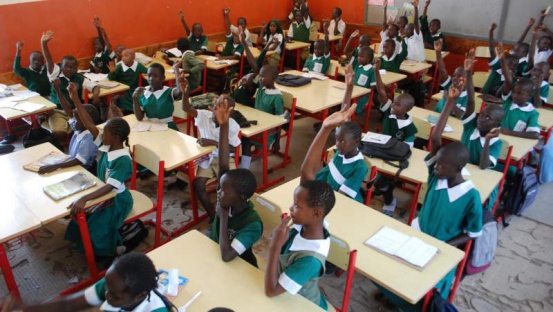×
The Standard e-Paper
Stay Informed, Even Offline

In the early 1990s, two things changed Kenya completely. One was the introduction of multi-partism. Kanu’s political dominance came to an end but its echoes still reverberate.
The political space was liberalised. Less noticeable was the liberalisation of the economy. The price controls ended and so did the annual hoarding before the budget speech.